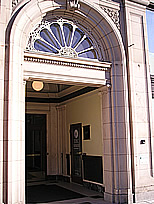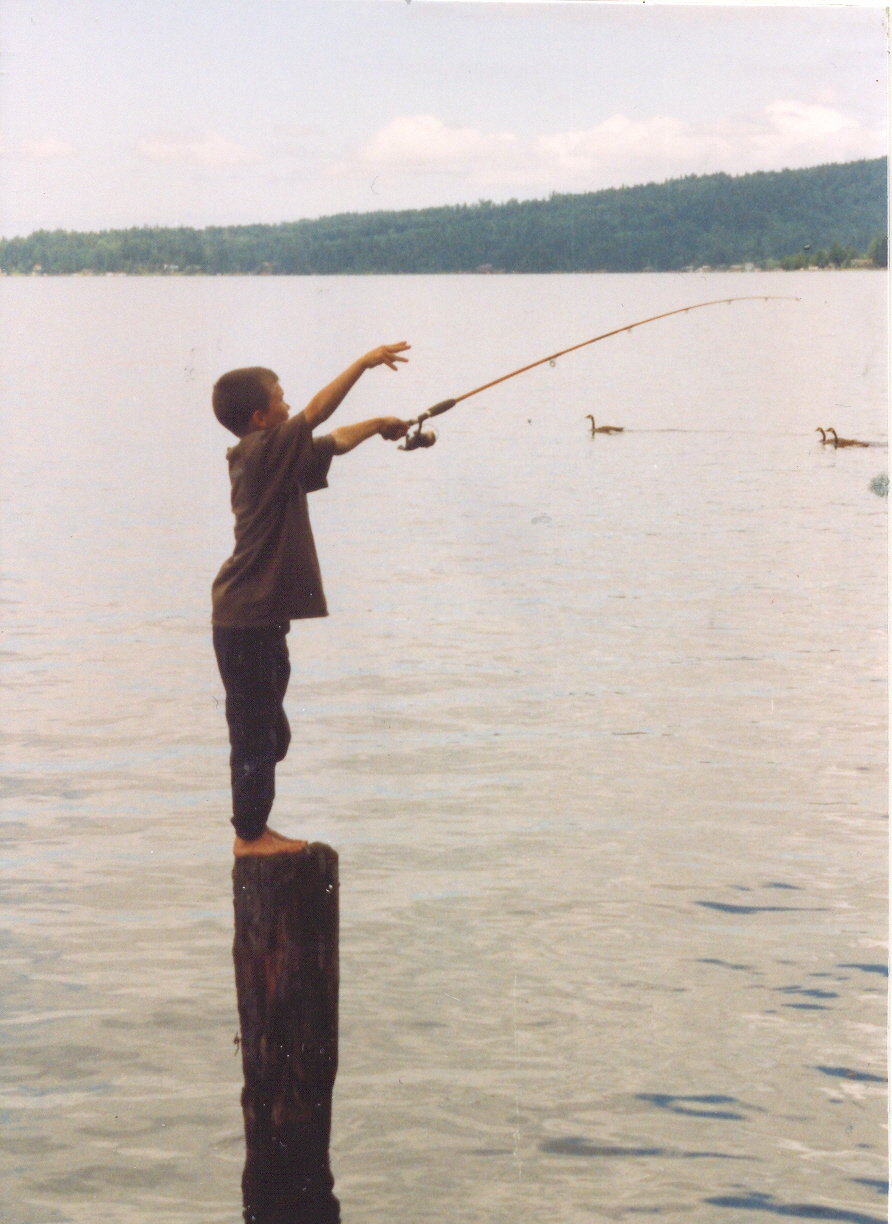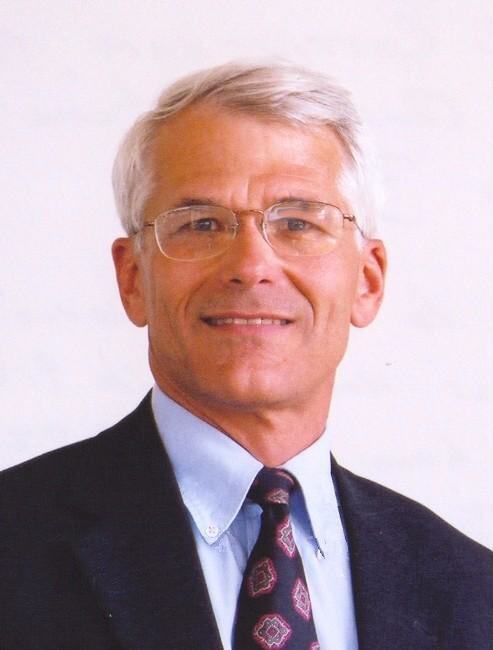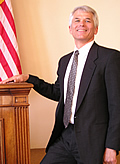David Cottingham - About David C. Cottingham
|
   

|

|
PAST PROFESSIONAL SERVICES PROFILE
|
|
 |
|
Western Washington businesses and families and local government were served by Cottingham Law Office, with efforts including its outreach, pro bono efforts and service supporting nonprofit entities.
|
|
Seattle, Washington, 1954, David C. Cottingham is a graduate of the University of Puget Sound Law School, JD 1979, University of Washington, Bachelor of Arts, 1976, and Shoreline High School, 1972, Seattle, Washington.
|
|
Dave Cottingham joined the Washington State Bar in 1979 and quickly joined the Federal Bar in the Western District of Washington in 1979 and Bar of the Ninth Circuit Court of Appeals thereafter, has appeared and litigated in the Superior Courts of Pierce, King, Snohomish, Skagit and Whatcom Counties as well as their District Courts, the State Court of Appeals and the Washington State Supreme Court.
 . .
"Litigation is one of the essential mechanisms by which citizens can exercise their right to petition. See Cal. Motor Transp. Co. v. Trucking Unlimited, 404 U.S. 508, 510 (1972); Button, 371 U .S. at 429–30. Thus, the right of citizens to access courts of law to resolve disputes is a fundamental tenet of the First Amendment, one of our most treasured liberties under the Bill of Rights, and a cornerstone of our republican form of government. POME, 677 P.2d at 1364–65 (quoting Ill. State Bar Ass'n, 389 U.S. at 222; Thomas v. Collins, 323 U.S. 516, 530 (1945))"
|
|

.
|
|
|
After ten years active litigation David C. Cottingham founded and built an active general counsel and litigation practice, the Law Office of David C. Cottingham. and the COTTINGHAM LAW OFFICE P.S.; For another 27 years Cottingham Law Office counseled and represented a huge variety of concerns for people and their businesses from offices in the Bellingham National Bank Building in Downtown Bellingham through 2017. With contacts and experiences throughout western Washington State, Cottingham's additional efforts served the interests of clients and Washington's courts, which struggle with their workloads. David C. Cottingham is not acceptng new clients or practicing commencing on August 24, 2018. First Amendment redress and protection of that redress from the Washington State's Supreme Court's disciplinary suspension was sought requesting application of United States Supreme Court protection raising United States Supreme Court authority protecting First Amendment redress. BE&K Constr. Co. v. NLRB (01-518) 536 U.S. 516, 246 F.3d 619 (2002); Applied by Colorado's Supreme Court, Matter of Steven James Foster, 253 P.2d 1244 En Banc (Colo., 2011)(conduct both objectively non-frivolous and subjectively motivated primarily by a genuine desire to obtain favorable legal relief — does not support the Board's ruling that conduct was not protected by the First Amendment; It is error to fail to require that a Board make a heightened showing on summary judgment that conduct was not protected by the First Amendment; Disciplinary Board must meet a burden of proof, showing that litigation was NOT protected by the First Amendment). October 11, 2018 the Washington Supreme Court either increased or found and reported a higher standard of proof ("clear" preponderance), and affirmed its decision. The Office is therefore in a period of suspension.
""it is well-accepted that an attorney cannot be disciplined for conduct protected by the First Amendment. E.g., In re Green, 11 P.3d 1078, 1083 (Colo.2000) (citing In re Primus, 436 U.S. 412, 432 through 33(1978); Bates v. State Bar, 433 U.S. 350, 355, 365 (1977))"(additional citations omitted). See, Mattter of Steven James Foster, 253 P.3rd 1244 (Colo. May 23, 2011).("[T]he Board ruled that attorneys' First Amendment protections “do not immunize [them] from the application of [Regulatory Rules]” intimating that attorneys may in fact be disciplined for conduct protected by the First Amendment. We categorically reject this conclusion. [emphasis added here]. The U.S. Supreme Court plainly stated in NAACP v. Button that “a State may not, under the guise of prohibiting professional misconduct, ignore constitutional rights."371 U.S. 415, 439 (1963) (citing In re Sawyer, 360 U.S. 622 (1959); Schware v. Bd. of Bar Exam'rs, 353 U.S. 232 (1957); Konigsberg v. State Bar, 353 U.S. 252 (1957)). Moreover, the rights protected by the First Amendment are at the very heart of conduct protected against regulatory infringement. See, Louisiana ex rel. Gremillion v. NAACP, 366 U.S. 293, 297 (1961)("[R]egulatory measures, no matter how sophisticated, cannot be employed in purpose or in effect to stifle, penalize, or curb the exercise of First Amendment rights"), quoted with approval in Button, 371 U.S. at 439.Id." See, opinion of Sandra Day O'Connor: "As long as a plaintiff's purpose is to stop conduct he reasonably believes is illegal, petitioning is genuine both objectively and subjectively."
BE&K Constr. Co. v. Nat'l Labor Relations Bd., 536 U.S. 516, 534, 122 S. Ct. 2390, 2401, 153 L. Ed. 2d 499 (2002). See also, December 3, 2018 Opinion vacating the Eight circuit in favor of past Bar President Fleck, Remanding for reconsideration in light of Janus v. AFSCME in Fleck v. Wetch, No. 17-886; and Cottingham Petition For Certirorari No. 18-644





 .
.